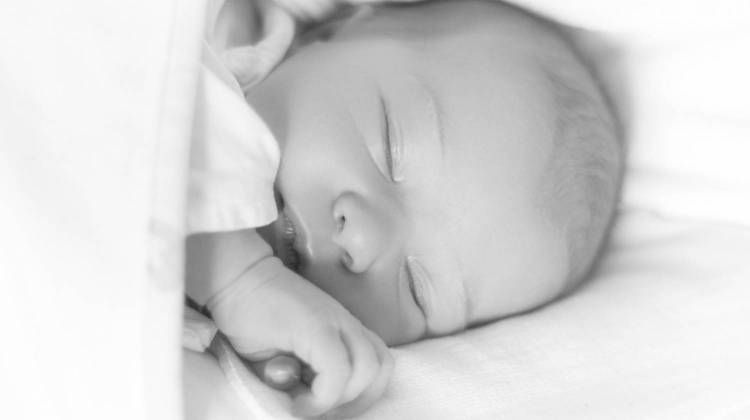INDIANAPOLIS -- A new report from the Women’s Philanthropy Institute at the IU Lilly Family School of Philanthropy finds that a family’s giving is affected by the sex of their firstborn child.
The study, which is the first of its kind, finds that the sex of the firstborn affects the likelihood, amount and type of charitable giving that parents will engage in.
Dr. Debra Mesch, director of Women’s Philanthropy Institute at the Lilly Family School of Philanthropy, says when looking at the overall data they found what they’re calling the “first-born son effect”.
"We found that among people who have had two or more children those with a firstborn son were more likely to give to charitable organizations and give larger amounts," Mesch said.
Why? Mesch says researchers believe it’s because fathers are likely to be more involved in family life when they have sons.
Families with first-born sons gave nearly 15 percent more than families with firstborn daughters. On the flip side, the study identified what researchers call the “daughter effect”, where parents who have an only daughter are more likely to give and give 20 percent more than parents with an only son.
The study included more than 13,000 people from a long-running research group and looked at 10 years worth of household giving data.
The study is the sixth in a series called "Women Give" that focuses on gender differences in giving to charitable organizations.
 DONATE
DONATE









 Support WFYI. We can't do it without you.
Support WFYI. We can't do it without you.